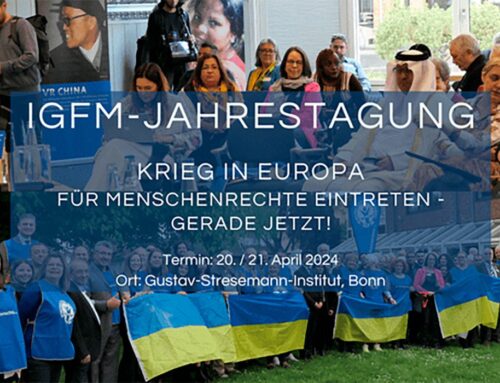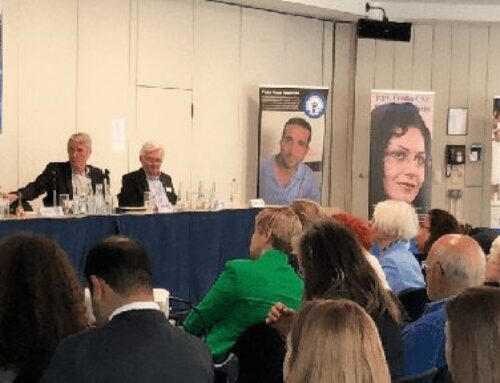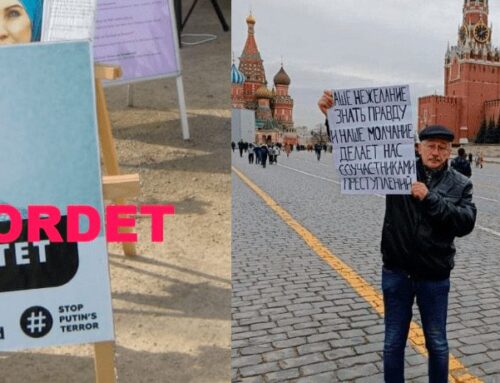The right to a fair trial, violated in the case of Petrenco group
Amnesty International Moldova studied the copy of the conviction sentence, issued on 28-th of June, by the Riscani Court on Grigore Petrenco and the 8 co-protesters case.
Following the principle of the supremacy of human rights standards and international law in the case of legislative divergences, we found the given sentence is tendentious and containing the following deviations from international standards:
1) Art. 6 (right to a fair trial) of the Convention for the Protection of Human Rights and Fundamental Freedoms (ECHR) requires “an independent and impartial tribunal to judge the cause within a reasonable time“, thus, the given reasonable time implies the preliminary investigation on criminal cases and examination in the first instance – no more than 1 (one) year. The given criminal case, including the investigation, was delayed for more than two years.
2) Arti. 6 of ECHR provides for fair sentences, corroborated by the size and gravity with the offense, i.e. – the presumption of innocence must be respected, or, for missdemeanors criminal penalties shall not be applied /prison sentences/.
3) Court decision violates art. 11 (freedom of assembly and association) of ECHR and provides for “judicial control” – thus restricting the possibility of the activists to participate in peaceful public meetings and to express their ideas freely and publicly. Amnesty International Moldova reiterates that according to the decision of the Nuremberg International Tribunal, 3 types of behavior shall be restricted: a) hate speech, b) racist speech, c) Nazi speech. We are wondering, which of these three principles did Grigore Petrenco violate as he was restricted his constitutional rights?
Amnesty International Moldova reiterates Moldovan justice system has not yet been reformed yet, is deficient in implementing human rights and unfairly applies art. 285 of the Criminal Code of the Republic of Moldova (mass disorder), without taking into account the positive practice of the EU states and avoiding the recommendations of the Council of Europe on the necessity of “humanizing criminal penalties”.
Source: amnesty.md









Leave A Comment